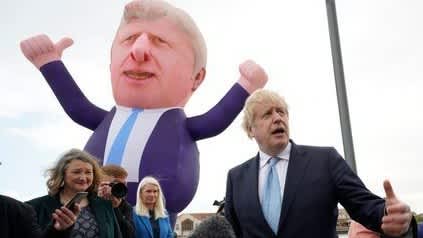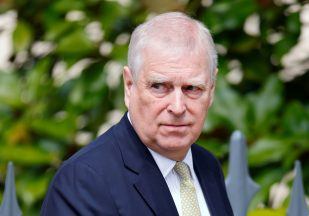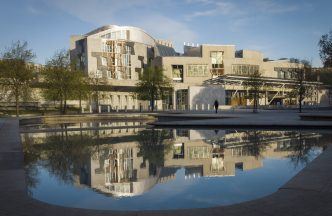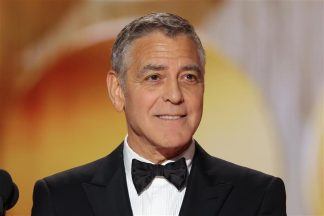Boris Johnson’s resignation as an MP marks the end of a long and colourful parliamentary career, that was ultimately brought down by scandal.
Mr Johnson first became an MP for Henley in 2001 before resigning following his election as Mayor of London in 2008.
He served two terms as mayor in the previously Labour-run capital, which propelled the former journalist to national prominence.
Mr Johnson, who became MP for Uxbridge and South Ruislip in 2015, was perhaps the most public face of the Leave campaign during the Brexit referendum which he and his allies won.
Following the resignation of David Cameron and the failure of Theresa May to win over the country with her Brexit deal, Mr Johnson seized the opportunity to become prime minister.

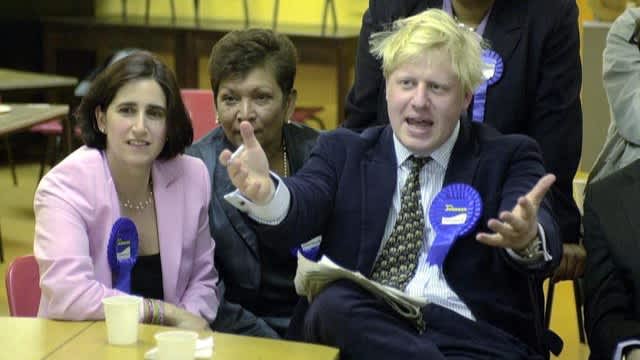

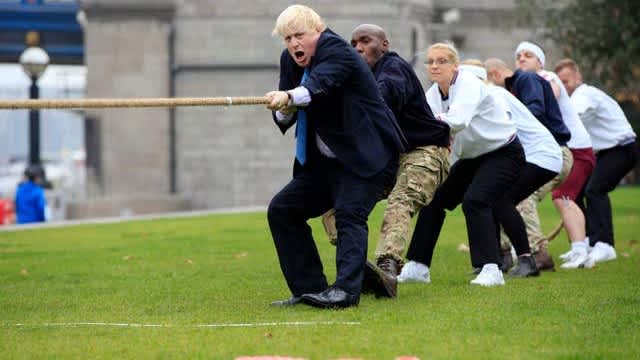

He went on to deliver the biggest Conservative win since the Thatcher years in the 2019 Christmas election – but the Covid-19 pandemic that followed would eventually lead to his undoing.
Brexit was the issue that won Mr Johnson popularity in parts of the UK normally loath to embrace Conservatives.
He surprised many with his decision to back Britain’s departure from the EU and became a familiar figure, descending from a bespoke red bus to rally voters to end the union with the continent that started in 1973.
After the UK voted leave in June 2016 – shortly followed by David Cameron’s resignation as PM, many saw Mr Johnson as the man to lead the country out of the European Union.
But as he prepared to contest the leadership, the shock decision of ally Michael Gove to stand scuppered his campaign before it had started.
In the end, Mrs May, a Remainer, won the contest, and put Mr Johnson in charge of the Foreign Office as the UK began what would be a fraught process of exiting the then 28-member body.
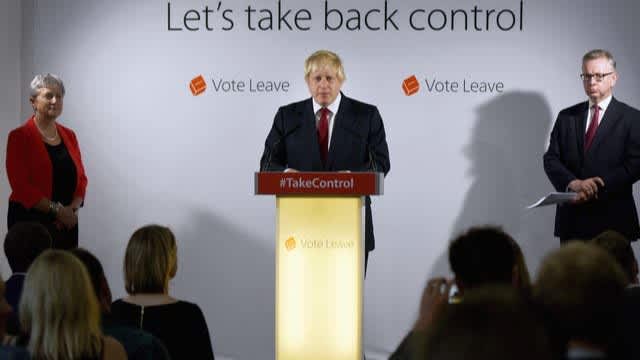

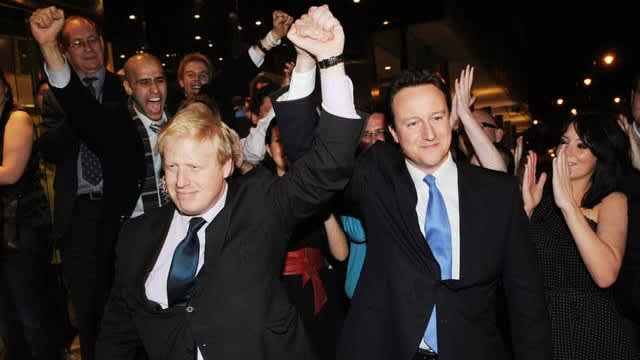
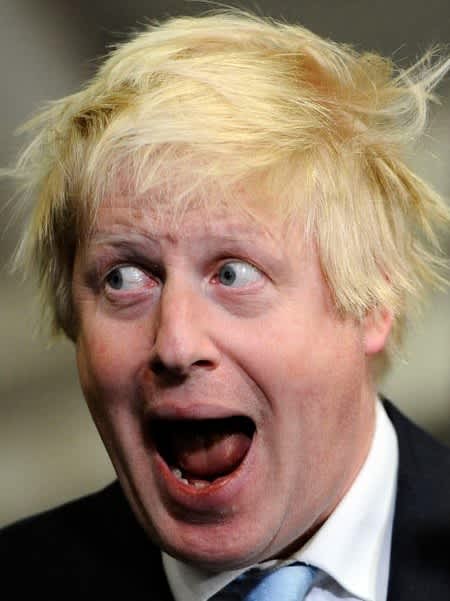
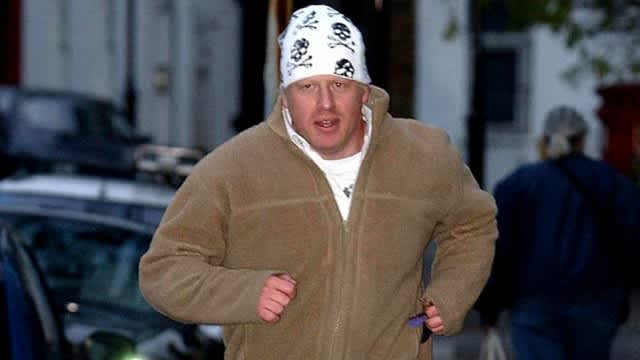

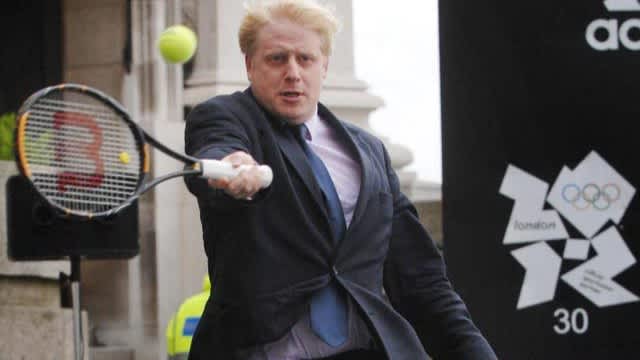




Mr Johnson eventually quit as foreign secretary amid discord over Mrs May’s perceived soft Brexit.
After she was eventually toppled, he secured a clear win in the resulting contest – arriving in 10 Downing Street and soon called a vote to seek a mandate for his “oven-ready” deal he’d struck with the EU.
Voters gave him a ringing endorsement, with the Tories claiming spectacular wins in “red wall” seats which had previously been seen as safe for Labour.
Little did Mr Johnson know that the imminent leaving of the EU would soon be superseded by a crisis like no other.
When the Covid-19 pandemic hit the UK in early 2020, Mr Johnson’s popularity was initially boosted significantly as he was thrust into the spotlight at a time of national crisis.
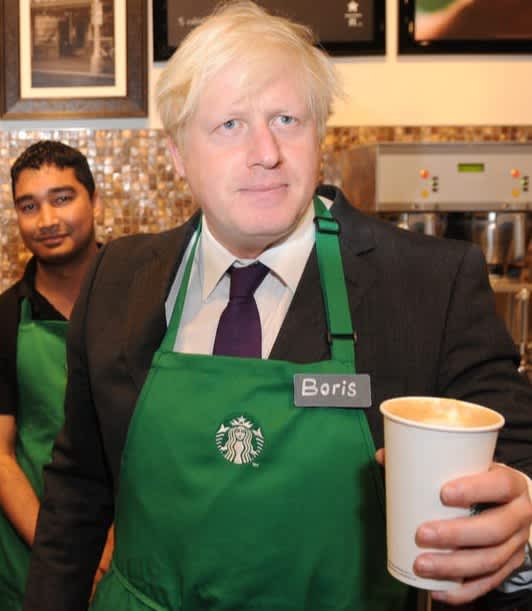
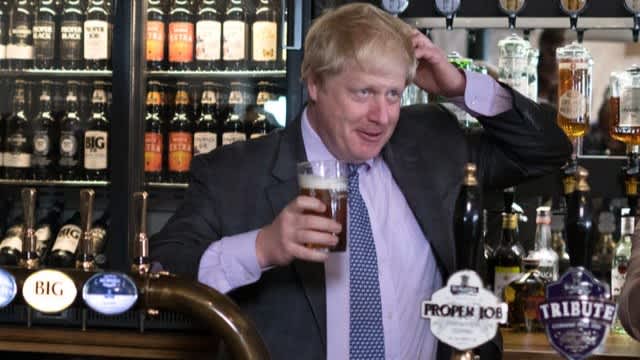


The coronavirus outbreak saw him taking unprecedented decisions, governing every aspect of citizens’ lives with his March 23, 2020 address telling people to stay at home.
Mr Johnson fell victim to the virus himself and was treated in intensive care. His physical health recovered and he resumed full duties, but events during lockdown would trigger his political downfall in the end.
The then-PM was credited by some for a fast vaccine rollout, but an inquiry will determine his handling of the pandemic.
It was the so-called partygate scandal of socialising at the heart of Westminster while the four nations were locked down that saw his popularity tumble.
After a series of bad election results, the Chris Pincher scandal proved the final straw for a party that had narrowly voted to keep the leader in post just weeks earlier.





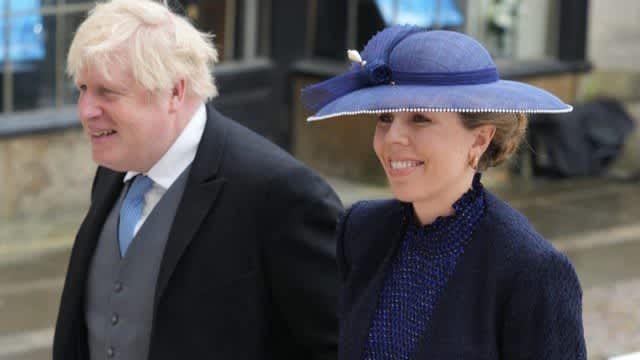
With mass resignations ensuing, Mr Johnson finally agreed to stand down before eventually being replaced by Liz Truss, whose own tenure was historically brief.
Mr Johnson’s erstwhile ally Rishi Sunak took over at Number 10 but parliamentary scrutiny of his Covid conduct did not abate.
Friday’s decision to quit as an MP for Uxbridge and South Ruislip marks the latest downward trajectory of a politician who was a winner with the voters but who made many political enemies.
Follow STV News on WhatsApp
Scan the QR code on your mobile device for all the latest news from around the country


